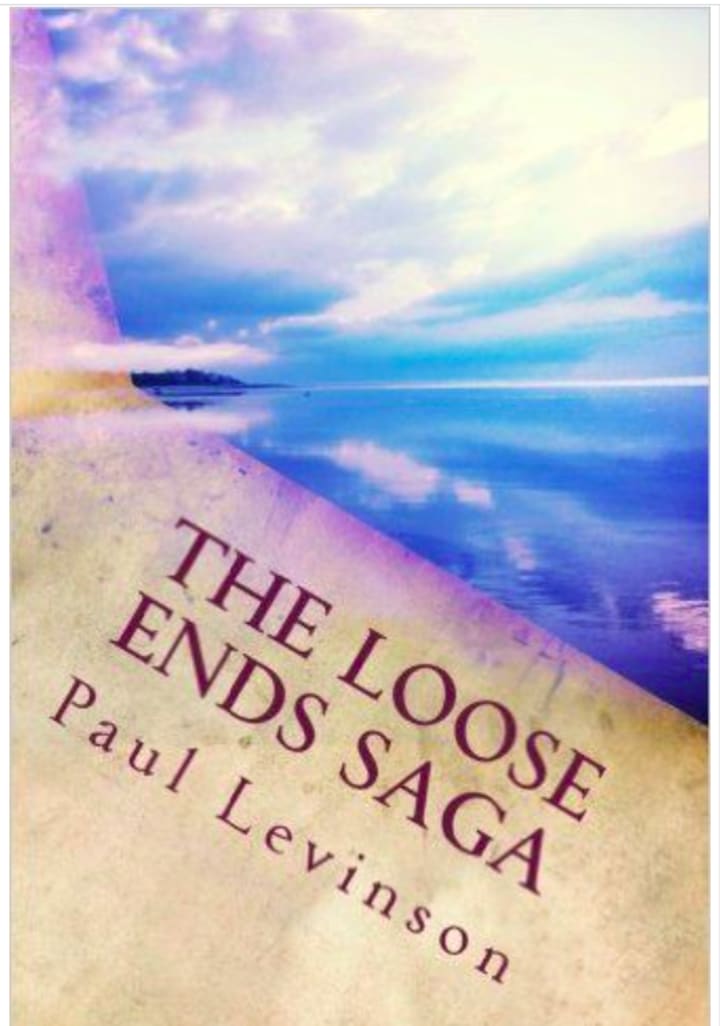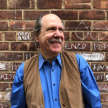Review of 'For All Mankind': Season 1 and Episode 2.1
Alternate Space Race Reality

Ronald D. Moore is best known for his creation of the Battlestar Galactica reboot and Outlander, two very different TV series which were (BSG) and are (Outlander) justly lauded masterpieces of science fiction (maybe Outlander is science fantasy, but the point still holds). Moore had a lot riding on For All Mankind, another, very different kind of science fiction series. I just saw the entire first season (which began to air on Apple TV in November 2019) and the first episode of the second season (which started airing yesterday). It's at least as good as Battlestar Galactica and a little better than Outlander. In my never humble opinion.
The series rests on a bold premise: had the Soviets beaten the US to the Moon by just a slight margin in 1969 -- one month -- the result would have been much better for getting humans out into space because the competition between the two superpowers would have continued and intensified. In literary terms, it would have set in motion an alternate reality in which the two superpowers continued vying to be the lead and dominant humans beyond our planet.
As far as our reality or real history, it's entirely plausible that the Soviet Union could have pulled a fast one and beaten us to the Moon by a month. It's not really clear, to this day, why the Soviets after the mid-1960s fell so far behind the US, after being first to get a satellite (Sputnik), then a satellite with a dog (Laika), and then a satellite with a human being (Yuri Gagarin) off of this planet into space. Indeed, the best explanation I've read of why the Soviet Union fell behind the U.S. in the space race comes from a little-known science fiction novel published in 2000, Red Moon, which was also the title of the first episode of For All Mankind.
The alternate history and the real history in For All Mankind was handled plausibly and provocatively, no easy task to pull off smoothly, as the first season and the beginning of the second season did. My favorite alternate history gambit in the first season is Ted Kennedy cancels his trip to Chappaquiddick, to focus on why the US space program fell behind the Soviets, and is elected President in 1972. Walter Cronkite and Barbara Walters deliver the news without being named via actors who look and sound like them. Nixon, Teddy, and (at the end of Season 1 and the beginning of Season 2) Reagan are presented in real footage and photographs, via voices that deliver alternate-history speech via impersonators or who knows how they got those voices, but it worked. The second season starts with a nice handful of alternate history touches, including John Lennon surviving the attempt on his life but the Pope not.
Other major changes in the history of For All Mankind include women achieving importance as astronauts and in flight control long before they did in our reality. Permanent bases are established on the Moon by the U.S. and the Soviets in the 1970s. By the 1980s, the science of space travel has led to electric cars on Planet Earth. But the human success in space has by no means wiped away all the inequities we have suffered from in this reality. Prejudice against gays warp the personal life of at least one astronaut, and immigrants are treated badly by the FBI obsessed with rooting out Soviet spies.
The personal lives of the astronauts of course play a major and tempestuous role in the narrative. Ed Baldwin (played by Joel Kinnaman who never misses), Tracy Stevens (Sarah Jones), and Molly Cobb (Sonya Walger) are my favorites, but all the characters are memorable and well acted. And the lives portrayed are realistic. Death always lurks near life, ready to rear its head, and this is more so when that life is in space. Just as in our own reality, not everything goes right or as expected in the grand endeavor to get us off this planet, and you'll be on the edge of your seat for just about every episode in this remarkable series.
For All Mankind picked a good time to debut its second season, the day after the NASA Rover landed on Mars in our reality. I'm hoping that the series continues long enough to show us astronauts arriving on Mars -- I'll be reviewing every episode from now on -- and that this alternate reality converges with our reality, in which we send people to Mars, too.

About the Creator
Paul Levinson
Novels The Silk Code & The Plot To Save Socrates; LPs Twice Upon A Rhyme & Welcome Up; nonfiction The Soft Edge & Digital McLuhan, translated into 15 languages. Best-known short story: The Chronology Protection Case; Prof, Fordham Univ.






Comments
There are no comments for this story
Be the first to respond and start the conversation.